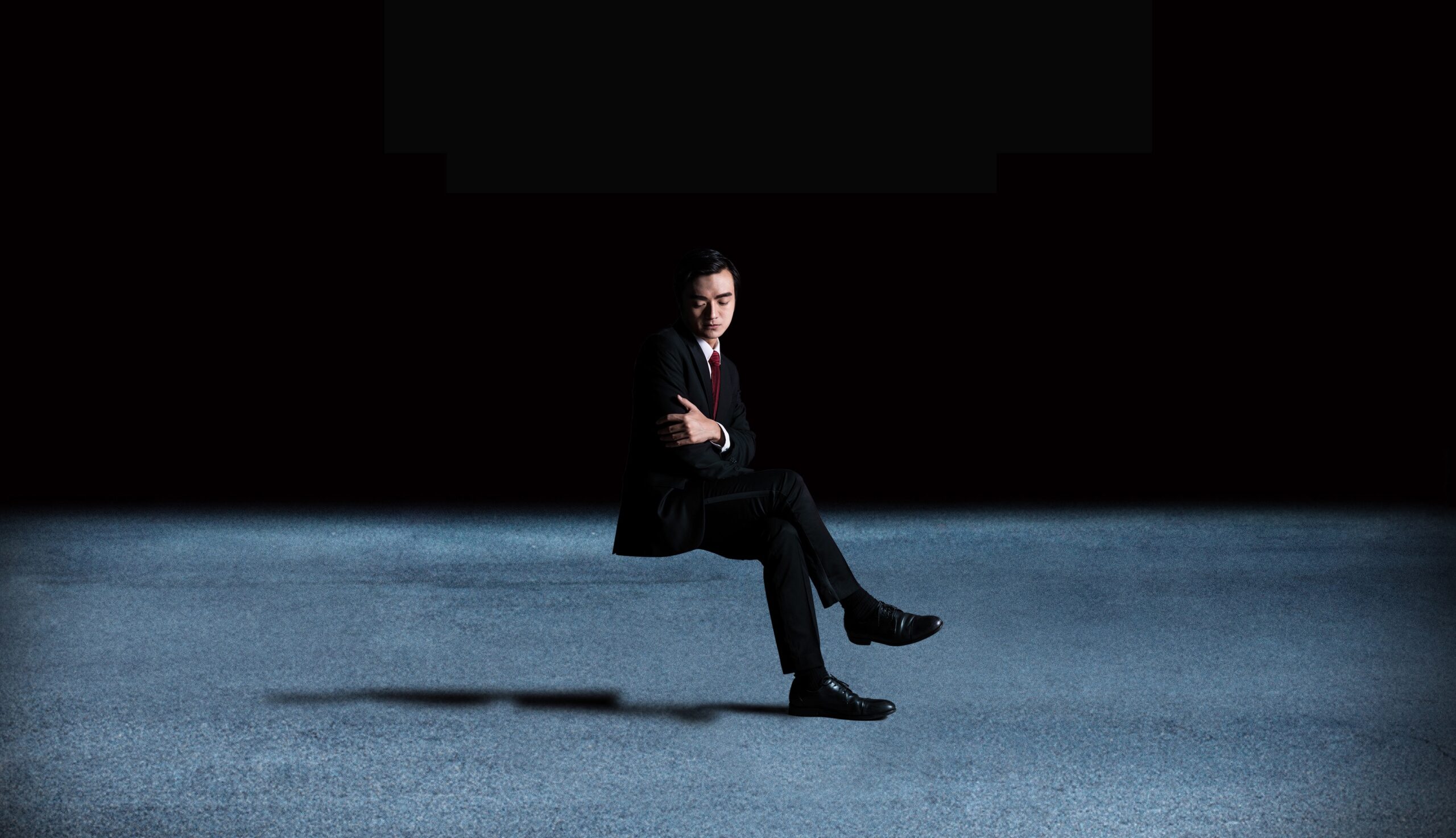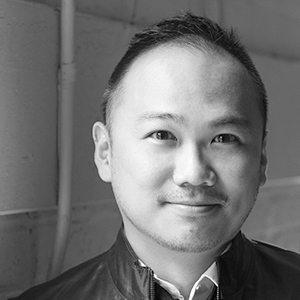Is Language Music, and Is Music Language?
There is something incredibly special and complex about watching a show in a foreign tongue. When confronted with an alien language, culture, aesthetic, and perspective, we are forced to question ourselves and our status quo. We are challenged to reposition our worldview in a way that we’re not when we watch a foreign show in translation. We are asked to simultaneously be an insider and an outsider.
Taking in a foreign-language show, a myriad of questions beg to be answered: How universal is language? Is language music, and is music language? How much do I really know about humanity and the human condition? How deeply am I affected by colonialism, Western-centrism, or even Aristotelian logic? Are there forms of expression that I have no capacity to understand or appreciate?
It might seem surprising that in a city as diverse as Toronto there are so few non-English theatre productions. Foreign films are a common sight and most operas are presented in their original languages, but the majority of non-English theatre performances are relegated to the far fringes or the odd touring production. Théâtre Français de Toronto is the only fully professional theatre company that gives regular performances in a language other than English.

Jordan Cheng and Wong Pak Hou in Mr Shi and His Lover (Taiwan, 2015). Photo by Etang Chen
But that might be changing. Modern Times Stage Company’s first Farsi production, Arash, sold out at Harbourfront in July; LIFT OFF! Scarborough—Cahoots Theatre’s annual festival of readings and works-in-development—will feature programs in Mandarin and Tamil, and Mr. Shi and His Lover, a musical entirely in Mandarin, returns to Toronto as part of Tarragon Theatre’s current season, where I will be reprising my role as the former French diplomat Bernard Boursicot.
In the run-up to Mr. Shi’s return, I’ve been thinking about non-English theatre and the peculiar challenges and opportunities such productions pose in cities like Toronto, whose theatre landscape is almost solely Anglophone. They can operate on us in complex ways, affecting us in different planes of consciousness, elusive and unknowable.
Njo Kong Kie, Mr Shi’s composer, pointed out that working in Mandarin allows unique expressions to emerge. As he moulded Macau playwright Wong Teng Chi’s script, melodies and structures revealed themselves organically from the text. Kong Kie was particularly mindful of the contours of Mandarin, because it is a tonal language and small changes in melodies can have huge repercussions in meaning (use the wrong tone and “mother” becomes “horse”). It is precisely because of these specific words—their rhythms, sounds, tones, and precise order—that Mr. Shi developed its subtlety. Had the text been written in another language, the music would have been completely different, as the words’ tones are what gave rise to the melodies.
The show’s subtlety naturally extends to the subtitles. The Mandarin Chinese text has always been projected alongside the performance, a choice that was intended to aid comprehension both because of the dense prose and in consideration of the fact that not all Chinese people speak the same language and dialect. (Standard written Chinese is readable across the diaspora—a bit like Latin—however the pronunciations of those words in different dialects, like Mandarin and Cantonese, can vary vastly and be mutually unintelligible.)

Jordan Cheng in Mr Shi and His Lover (Macau, 2013). Photo courtesy of Macau Experimental Theatre
In Toronto, both Chinese and English subtitles are used; in Japan, we performed with English and Japanese subtitles. To have multiple languages projected at the same time allows people who operate in both languages to unveil meanings in different ways, and it works wonderfully in a piece such as this, which is so introspective and indirect.
In preparing the English subtitles, Kong Kie and I have taken extra effort to make sure they are accurate and expressive, which of course brings up many challenges. Idioms and expressions aside, each language has unique capabilities that at times resist successful translation, particularly in poetic contexts.
Chinese can be wonderfully vague, allowing for ambiguities of time and tense, as well as subject, and even between verb and noun. For example, the third-person singular pronouns he/she/it (animals)/it (non-living) are respectively 他/她/牠/它; yet all of them are pronounced the same: “tā.” In a work like Mr. Shi, which is largely about gender, we can capitalize on such ambiguities.
Subtitle readers may feel there are even mistakes, as in our considered use of the word “apposite,” a seldom-used word in English that we chose because it causes the same amount of confusion as the Chinese term 適切性, which oddly has a very good and appropriately vague French translation in the word juste. Ultimately, we had to translate the subtitles with an eye for economy and expression, as well as aesthetics and timing, which sometimes call for stilted choices in order to bring out the fullest and most layered meaning.

Jordan Cheng in Mr. Shi and His Lover. Photo by Etang Chen
As a performer who primarily works in English, it’s a welcome challenge to perform in Mandarin. Proficiency aside, acting in another language forces me to think inside the functions of another language. Alternate character choices have to be made; shades of difference that open up whole other palettes of colours and meanings. Add to this the fact that my character is French—a Frenchman as viewed through a Chinese lens—and one starts to see the multitudinous layers of interpretation that emerge and the litany of questions to be asked, let alone answered.
Ultimately, one usually doesn’t set out creating a piece in a foreign language for its own sake. It just happens to be in the language (literally and artistically) of its original creators. While elements such as subtitles may act as aids, the challenge lies with the audience: we must immerse ourselves in the world of an Other, braving constantly shifting realities, losing grasp of our familiar terra firma, negotiating a completely new perspective. However, if we are willing to take the risk, shows in foreign languages broaden our horizons, challenge us to grow, and reveal our common humanity.









Comments